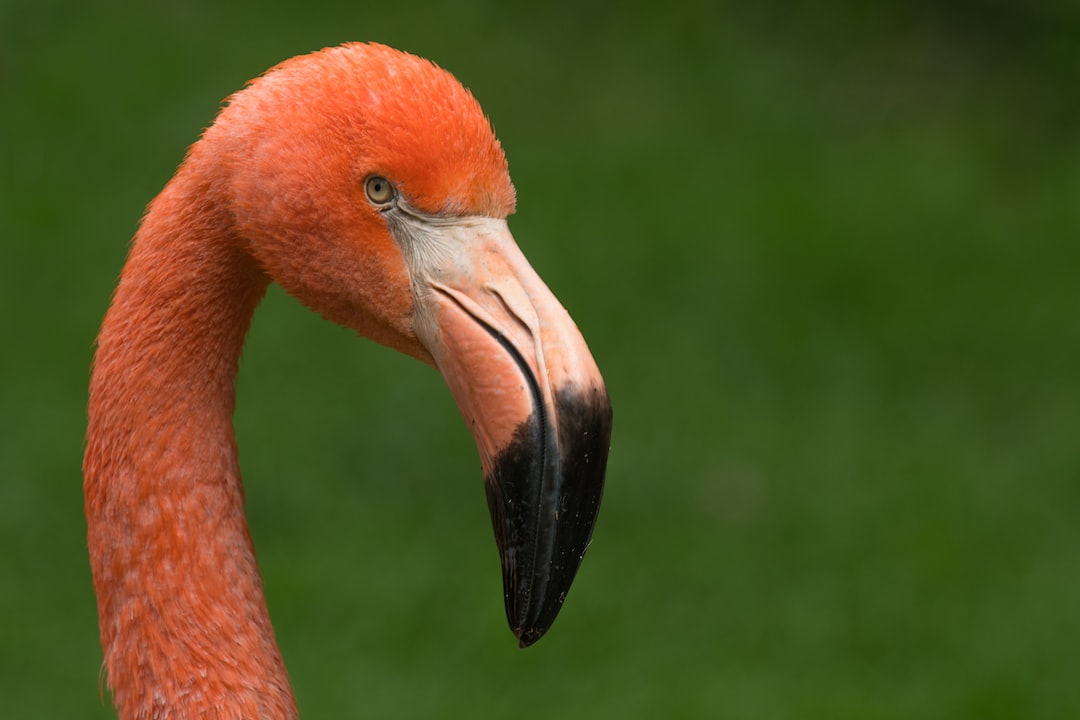Animals have played a vital role in human culture throughout history. From the early days of human civilization, different cultures worldwide have put varying significance on different kinds of animals, based on their unique traits, the abundance or scarcity of them, the dangers they pose, and other factors. Here are a few examples of the cultural significance of animals across the world.
In Ancient Egypt, the sacred cat was held in high esteem and was considered a symbol of grace and poise. The pharaohs of Egypt regarded the cat as a special creature, which was believed to be a guardian of the underworld. They were worshipped in temples, represented in intricate art forms, and mummified after death. This signifies the timeless bond shared between the feline and human race to date.
In India, the elephant is revered in many ways. It is a symbol of power, wisdom, and divinity of nature. The Hindu god Ganesh is depicted with an elephant head, and many temples in India are dedicated to elephants. It is also utilized as a mount of many kings in India, highlighting the importance and respect given to elephants in their culture.
In China, the dragon is viewed as a beneficent creature that is a symbol of strength and good luck. It has been an embodiment of imperial power and majesty in Chinese culture for centuries. The Chinese New Year is celebrated with dragon dance performances, and the dragon has been incorporated into many designs and artworks.
In the Native American culture, the buffalo or the bison holds great significance. The Native Americans felt a strong connection and affection for the animal, which provided them with food, clothing, and shelter. They also valued the buffalo for its strength and the ability to carry heavy loads, which helped in their daily chores.
Another example is the Maasai people of Kenya, who revere the lion. Known for their warrior culture, they associate the lion’s bravery, strength, and endurance with their own traits. The lion is also considered an important character in many of their traditional stories.
Horses have been an integral part of the nomadic tribes of Mongolia for centuries. Genghis Khan, the great Mongolian leader, relied heavily on his horseback troops and conquered much of Asia with them. Horses are still highly respected and are believed to have a spiritual connection with the people; in fact, in Mongolia, it is customary to greet a horse before greeting a person.
In conclusion, the significance of animals varies based on cultural beliefs, practices, and norms of different regions of the world. Animals have provided food, clothing, and shelter, acted as spiritual guides, and importantly, are reflected on people’s culture through their art, religion, festivals, and stories. They continue to be an important part of our lives today, and we must preserve and respect them in all our actions and beliefs.
